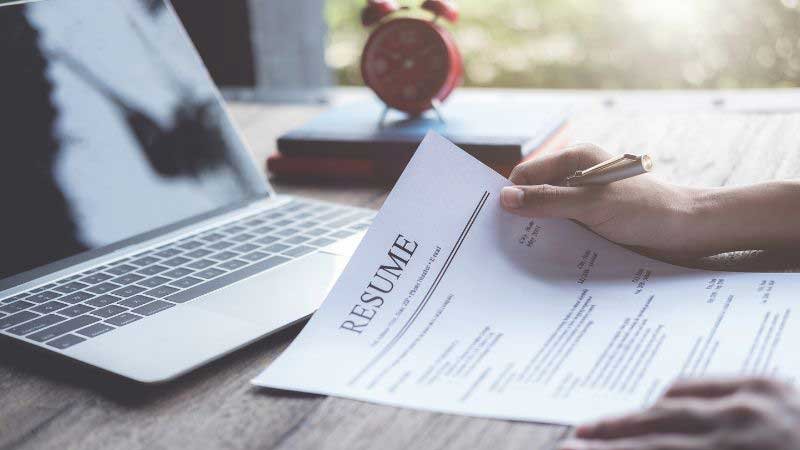Popular immigration pathways for Thais to Australia
Australia is a popular destination for Thais seeking to immigrate. There are a number of different pathways to Australian immigration available to Thais, depending on their individual skills, qualifications, and circumstances.
"Discover tailored pathways to Australian immigration for Thais based on individual skills and qualifications."
Mangalath Immigration Tweet
Skilled Migration
The Australian Skilled Migration Program is the primary pathway for Thais with skills and qualifications that are in demand on the Australian labor market. To be eligible for skilled migration, Thais must have an occupation that is listed on the Skilled Occupation List (SOL). They must also meet the points test requirements, which assess their age, English language skills, work experience, and qualifications.
There are a number of different skilled migration visas available to Thais, including:
- Skilled Independent Visa (Subclass 189): This visa is for skilled workers who do not have a sponsor in Australia.
- State/Territory Nominated Visa (Subclass 190): This visa is for skilled workers who are nominated by an Australian state or territory government.
- Employer Sponsored Visa (Subclass 186): This visa is for skilled workers who are sponsored by an Australian employer.
Family Migration
Australian family migration visas allow Thais to immigrate to Australia to join their family members who are already Australian citizens or permanent residents. The most common family migration visas for Thais include:
- Partner Visa (Subclass 820/801): This visa is for the partners of Australian citizens or permanent residents.
- Parent Visa (Subclass 103): This visa is for the parents of Australian citizens or permanent residents.
- Child Visa (Subclass 101): This visa is for the children of Australian citizens or permanent residents.
Other immigration pathways
There are a number of other immigration pathways available to Thais, including:
- Business Innovation and Investment Visa (Subclass 188): This visa is for business people who want to establish or invest in a business in Australia.
- Distinguished Talent Visa (Subclass 124): This visa is for people with extraordinary talent in the arts, sciences, sports, or business.
- Global Talent Visa (Subclass 858): This visa is for highly skilled and experienced workers in certain in-demand occupations.
How to apply for an Australian visa
To apply for an Australian visa, Thais must first create an ImmiAccount and submit an online application. They must also provide supporting documentation, such as their passport, birth certificate, and qualifications.
The visa processing time can vary depending on the type of visa and the individual applicant’s circumstances. However, most Australian visas are processed within a few months.
Tips for Thais immigrating to Australia
Here are a few tips for Thais immigrating to Australia:
- Start planning your immigration early. The visa application process can be complex and time-consuming, so it’s important to start planning early.
- Get professional advice from an experienced immigration lawyer or consultant. They can help you choose the right visa pathway and prepare your application.
- Learn English. English is the official language of Australia, so it’s important to have a good level of English proficiency before you immigrate.
- Research the Australian job market and culture. This will help you to prepare for your new life in Australia.
Conclusion
There are a number of different immigration pathways available to Thais who want to live and work in Australia. The best pathway for you will depend on your individual skills, qualifications, and circumstances.
If you are considering immigrating to Australia, it’s important to start planning early and get professional advice. With the right planning and preparation, you can make your immigration dream a reality.
Popular immigration pathways for Thais to Australia Read More »




